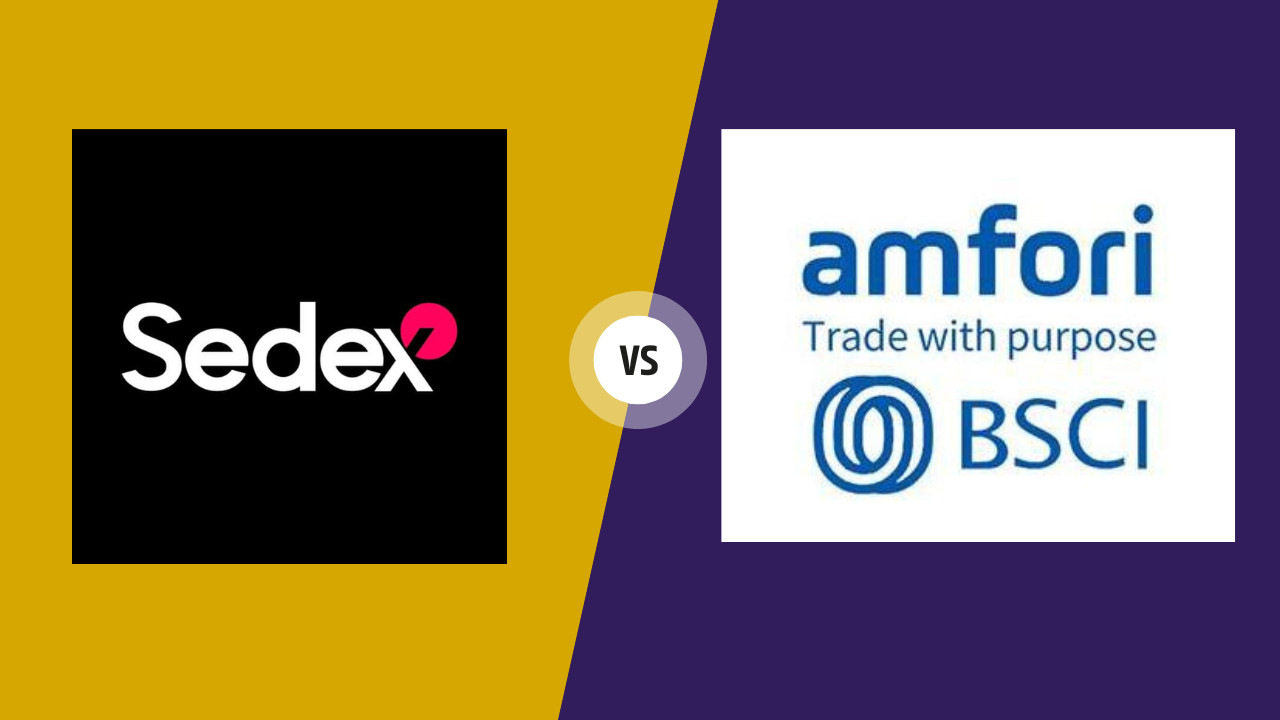Introduction:
In the complex world of ethical business practices, Sedex and BSCI stand out as two prominent systems guiding companies toward responsible operations. Let’s delve into the key differences and similarities between Sedex vs BSCI to help you make informed choices for your business.
Sedex Overview:

Sedex, short for Supplier Ethical Data Exchange, is a global membership organization designed to promote responsible and ethical business practices in supply chains.
- Transparency at Its Core: Sedex emphasizes transparency, allowing companies to share ethical data within the supply chain, fostering openness and accountability.
- Risk Assessment and Mitigation: One of Sedex’s strengths lies in its ability to assess and mitigate risks associated with labor standards, health and safety, environmental impact, and business ethics.
BSCI Overview:
The Business Social Compliance Initiative (BSCI) also plays a crucial role in promoting ethical sourcing.
- Collaborative Ethical Journey: BSCI requires active participation from both buyers and suppliers on its platform. The unique feature of generating a specific RSP (responsibility holder) by member buyers for their suppliers sets it apart.
- RSP and Certification Process: This distinctive approach involves BSCI member buyers issuing a specific RSP to suppliers. Suppliers then use this identifier to apply for BSCI certification, fostering a collaborative and interconnected journey.
- Social Compliance Focus: BSCI primarily concentrates on social compliance within the supply chain, covering areas like fair remuneration, safe working conditions, and workers’ rights.
- Collaboration for Improvement: BSCI encourages collaboration among businesses to drive continuous improvement in social performance, making it a dynamic platform for positive change.

Key Differences: Sedex Vs Bsci
- Scope:
- Sedex has a broader focus, covering various ethical aspects such as labor, health, safety, and the environment.
- BSCI predominantly centers on social compliance issues, emphasizing fair treatment of workers. BSCI mandates collaboration, involving both buyers and suppliers actively on its platform.
- Approach to Audits: Sedex vs Bsci
- Sedex offers a platform for self-assessment and third-party audits before sedex certification, promoting flexibility.
- BSCI primarily relies on third-party audits, ensuring a standardized evaluation process. BSCI introduces a collaborative aspect, with the unique RSP# linking buyers and suppliers in the certification process.
Making the Right Choice:
When deciding between Sedex standard and BSCI, it’s essential to evaluate your company’s specific needs and the values you prioritize. Both systems contribute significantly to ethical supply chain practices, but their nuances can make one more suitable for your unique circumstances.
Conclusion:
In the ongoing quest for responsible and ethical business practices, Sedex and BSCI serve as valuable guides. Understanding their differences between Bsci and Sedex certification empowers businesses to make choices aligned with their values, contributing to a global culture of sustainability and fairness.





Pingback: SEDEX Certification in Supply Chain – All You Need To Know -2024